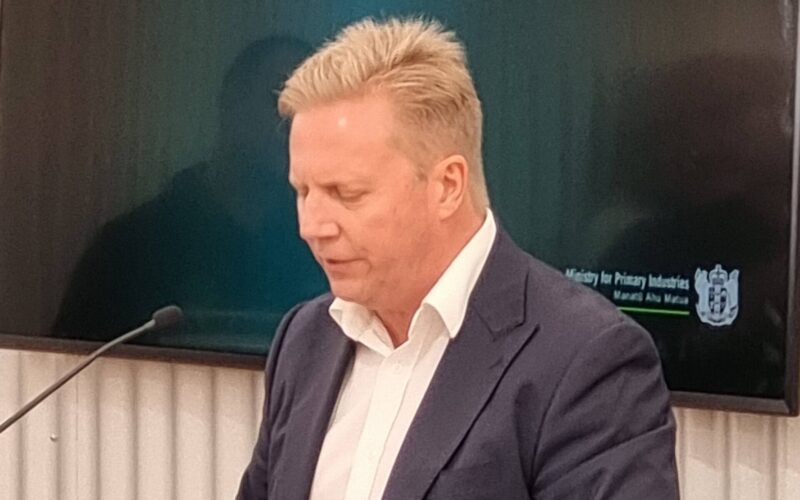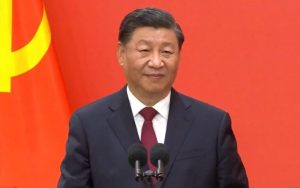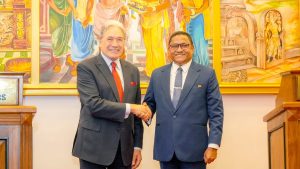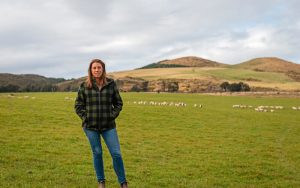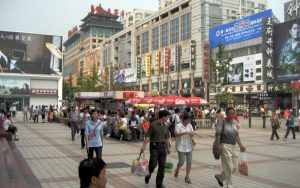
Todd McClay wants to hear from agri businesses on promising targets to aim for.
Trade Minister Todd McClay says he wants to hear from primary sector businesses on where they think the government’s trade negotiators should be deployed next.
The successful conclusion of talks with the United Arab Emirates and the Gulf Cooperation Council little more than a month apart means the government has already been able to knock off two of the four negotiations it had targeted.
That leaves India and the South American countries of the Pacific Alliance, but these have been harder going.
Despite the government having targeted a deal with India, there is still no start date for talks as dairy market access remains a major stumbling block.
Political tensions between Peru and Mexico have stopped talks with the Pacific Alliance in their tracks.
“With the Pacific Alliance it is not clear to me that that can be done this term,” McClay said.
Colombian dairy market access would be the major prize for New Zealand should it be admitted to the four-country alliance.
NZ already has some form of preferential access to the markets of the three remaining Pacific Alliance countries via their membership of the Comprehensive and Progressive Agreement for Trans-Pacific Partnership trade agreement.
The CPTPP remains a work in progress with Indonesia and South Korea at the front of the queue to join, and China and Taiwan also hovering.
McClay said there is still some work to do to put the finishing touches on the UAE and GCC deals but once that is done there will be an opportunity to look at what else negotiators at the Ministry of Foreign Affairs and Trade can get their teeth into.
“In the first quarter of next year, once we get some of the signings underway, I would be very interested in hearing from the business community where they are seeing barriers or where they would like to see us putting some effort in,” McClay said.
The government is also interested in looking at existing agreements to see how NZ could “get more out of them”.
That could include more enforcement action where NZ judges trading partners not to be upholding their obligations or through upgrades of agreements to improve market access.
“We need to judge the success of NZ’s trade policy just as much on how much extra we sell as how many trade deals we do,” McClay said.
And despite zero progress in either fixing its dispute settlement system or tackling a trillion dollars in global agricultural subsidies at the biennial meeting of World Trade Organisation trade ministers earlier this year, McClay said he will be directing his officials to put maximum effort in again ahead of the 2026 meeting.
Asked whether that could be wasted effort given that it is incoming United States president Donald Trump’s previous refusal to rubber-stamp appointments to the WTO’s appeals body that sidelined the organisation’s role as global trade policeman, McClay disagreed.
“When [Trump] was there last time the US had very clear views of the things that needed to change … and I and our government share some of those concerns.
“I think the US will be able to play in role in sorting those things out.”
You can now read the most important #news on #eDairyNews #Whatsapp channels!!!
🇺🇸 eDairy News INGLÊS: https://whatsapp.com/channel/0029VaKsjzGDTkJyIN6hcP1K
